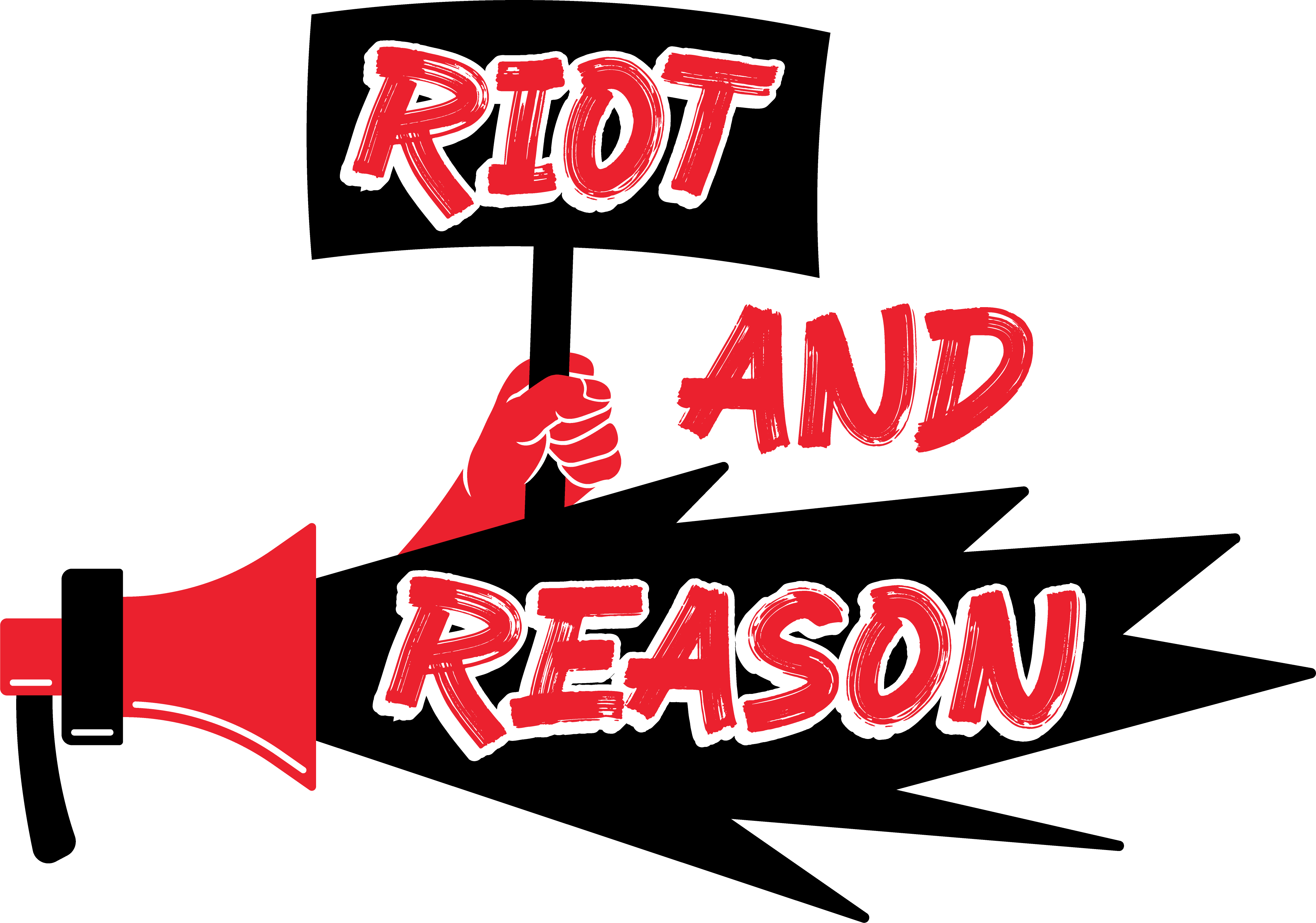
Every symptom sounds painfully familiar. Your mind races, your focus slips and the comments seem to describe you perfectly. Could this be ADHD? Before you know it, you’re convinced and you’re diagnosing yourself as you piece it all together online and made a self-diagnosis. But why are so many of us turning to the internet for medical answers instead of doctors?
Sajida Rahman never understood why her mind worked quite differently from others. Acting on impulse felt normal, natural, even to her. She often made quick decisions before thinking through the consequences.
On many occasions, she recollects stepping off the kerb and crossing the road without hesitation, her friends calling after her from the other side. She couldn’t understand why they hesitated, why they waited; there was enough time to cross, so she went. That moment stuck with her because it was one of the many times she felt out of step with the world around her.
According to the NHS, Attention deficit hyperactivity disorder (ADHD) is a condition where the brain works differently from most people. People with ADHD show a persistent pattern of intention, hyperactivity or impulsivity which can interfere with their development or day-to-day functioning.
ADHD UK estimates that 2.6 million people are living with ADHD in the UK. To receive a formal diagnosis, individuals must undergo a specialist assessment, which includes evaluating a checklist of symptoms that have persisted for at least six months.
Sajida remembers the exact moment she first started to wonder if she had ADHD.
“I was just sitting with a friend on the playground at my Secondary School. She was talking about her recent ADHD diagnosis and going through all these symptoms, and I just kept thinking, wait, that’s me. That’s how I feel.”
Growing up, neurodivergence wasn’t something openly talked about in Sajida’s community.
“It wasn’t accepted or really understood in my culture,” she says. “My parents didn’t believe in ADHD so when I told my parents I wanted to get assessed, they didn’t understand why.”
With no clear way to proceed, Sajida turned to the internet and social media for answers, exploring online self-assessments and mental health videos.
“I didn’t really understand what it was,s but I remember scrolling for hours online trying to figure out if I could have ADHD. I even took one of those unofficial tests online.”
The test Sajida took when she was 15
Three years later, Sajida was finally able to see a specialist. Despite being put on the waiting list at 15, she didn’t get an assessment until she was 19.
She said: “When I finally got an appointment, the whole thing took 50 minutes, after years of waiting.”
“The test they gave me was pretty much the same as the one I found online when I was 15. So after all that time wondering, it actually felt like a relief to finally have a diagnosis.”
In the UK, wait times for an ADHD assessment can vary dramatically depending on where you live. Children can wait up to 5 years for an NHS ADHD assessment in some regions. However, adults can wait over 10 years to receive a diagnosis. This far exceeds the NHS’s target wait time of 18 weeks.


Dr Jessica Eccles, Chair of the Royal College of Psychiatrists’ Neurodevelopmental Psychiatry Special Interest Group, said: “We’re seeing more people than ever seeking support from ADHD services, which are struggling to meet this demand. No one should be made to wait years for life-changing care.”
Findings from the ADHD UK revealed that only 15% of NHS commissioners could provide accurate waiting list data, making it difficult to track delays or ensure fair access to care.
When asked if long wait times are driving people to self-diagnose or seek private care, an NHS spokesperson said: “ I don’t think so. Rather, I am of the opinion that self-diagnosis is part of the cause of the overwhelm for the NHS.”
But with so many people waiting years just for an assessment, it’s easy to see why many turn to social media, websites, and peer advice, not just for information but as their only route to a diagnosis.
By comparison, private providers typically offer ADHD assessments within weeks but can cost between £800 and £1,500, putting them out of reach for many and revealing the deep inequalities in accessing a timely ADHD diagnosis.
Cygnet Health Care, one of the UK’s leading providers of mental health services, operates more than 150 facilities across the country, supporting around 7,500 individuals each year.
Dr. Seb Thompson, Consultant Clinical Psychologist and Head of Psychology in their Sheffield division, spoke about the importance of a timely ADHD diagnosis.
He said: “A diagnosis could be helpful on multiple levels. It could help explain to the young person (and their family) why their brain works in the way it does.”
“It can also be helpful in the sense that it can open the door for treatment, whether this be pharmacological or psychological. It is this treatment which can help young people begin to live with ADHD and learn strategies to help them.”

Right now, the current state of the ADHD system lets down thousands in the UK who may need to receive a diagnosis that can reshape their future. According to ADHD UK, an estimated two million people in the UK who have ADHD don’t have a formal diagnosis.
A report by AXA Health into self-diagnosis in the UK revealed that 36% of people in the UK self-diagnosed because they couldn’t get an NHS appointment quickly enough. 22% cited concerns over NHS waitlists as a reason for self-diagnosing. Of those,83% had their self-diagnosis confirmed as accurate.
With obstacles like long wait times and high private costs, it’s no surprise that growing numbers are turning to social media and online communities to make sense of their symptoms. It can provide a small relief for a system that has let down so many.
Videos tagged with ADHD have had thousands of views on TikTok.
Whilst self-diagnosing may offer immediate clarity, research published in the British Journal of General Practice declares that ADHD symptoms often overlap with other mental health conditions, complicating diagnosis. This highlights the danger in the rise of self-diagnosis, which can lead to inappropriate treatment; however, with a broken system, what choice do people have?
Kelly Mark, 21, from Derby, is a young woman from a community where ADHD is rarely acknowledged. Frustrated by the long NHS wait times she had seen, she chose to go private to get a diagnosis sooner rather than later.
“I think if you have the money, go. I had my assessment on the 8th of March and the report by the 10th March.”
For Kelly, the private diagnosis was a life changer.
“I was just happy. Finally, this made sense. I thought I was crazy, or difficult for not being ‘normal.’ It wasn’t me, it was ADHD.”
Yet this life-changing news is available only to the privileged few. Kelly’s experience exposes the deep inequality in the UK’s ADHD care system. The NHS’s failure to provide timely ADHD diagnosis and costly private assessments that few can afford has left countless people invisible, unheard, and unsupported, left with no choice but to rely on self-diagnosis.






